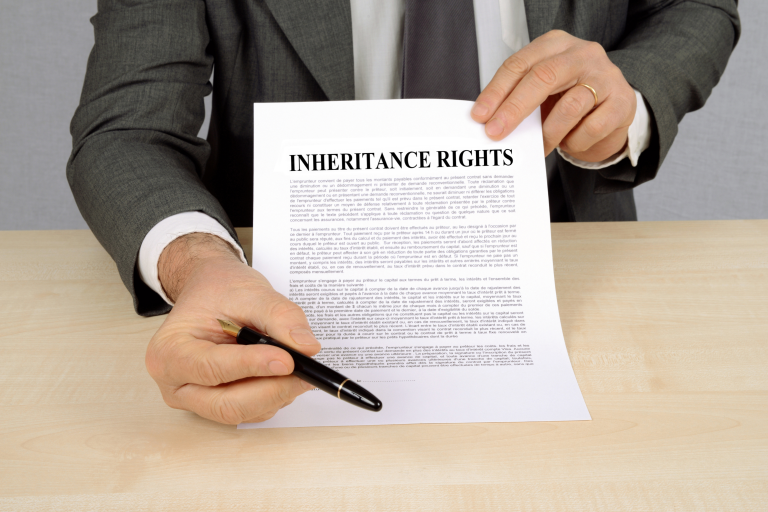A deed is a legal document used to convey or transfer ownership of real property from one party (the grantor) to another (the grantee). Florida law has specific requirements to ensure the validity of deeds and avoid clouds in the chain of property titles across the state.
In this article, you will understand the differences between quitclaim deeds and warranty deeds in Florida.
Florida Quit Claim Deed vs. Warranty Deed – The Basics
Quit Claim Deeds
A quitclaim deed is the simplest type of deed. This type of legal document is used in situations where the property must be transferred to the name of the new owner as quickly as possible.
Rarely used in real estate transactions, quitclaim deeds are not an ideal option in transfers involving the exchange of money. The most common use cases for this type of deed include:
- Transferring property to a family member or trusted friend
- Transferring property bequeathed through a will to an heir
- Removing a co-owner from the title of a property
- Adding a co-owner to the title of a property
- Transferring the title of property to a trust
- Transferring the title of property to a business entity (e.g., family-owned LLC)
Please note that quitclaim deeds offer no guarantee that the grantor is the property’s legitimate title holder. Instead, a quitclaim deed transfers whatever interest the grantor has in the property to the grantee.
Warranty Deeds
A warranty deed is the safest type of deed in Florida. When executing a warranty deed, the grantor assures the grantee that he or she actually owns the property and has the right to transfer it to another person.
Additionally, the grantor guarantees that the property has no title defects or encumbrances that may adversely affect the grantee’s ownership interests. If a title cloud is revealed after the transfer was concluded, the grantee has the right to sue the grantor.
This arrangement explains the term “warranty,” as the grantee is entitled to compensation if the grantor’s legitimacy claims are false or the title reveals to be problematic.
When executing a warranty deed, the grantor must acquire a proper title insurance policy to cover the grantee.
Florida Quit Claim Deed vs. Warranty Deed – Key Differences
Ultimately, a quitclaim deed is an ideal option for simpler ownership transfers between trusted individuals. As long as the parties involved know and trust each other, it is possible to use a quitclaim deed.
Quitclaim deeds offer no protection against title defects and exempt the grantor from lawsuits if they are revealed later. If the grantor executed a quitclaim deed with no right to convey the property, the grantee cannot file a lawsuit against him or her.
Real estate agents, title insurance underwriters, and lenders tend to require warranty deeds in Florida real estate transactions, as this type of deed offers superior protection against title defects and ensure the grantee is receiving full ownership of the property.
Finding the Best Deed Option for Your Case – Immediately Contact Jurado & Associates, P.A.
Work with a well-versed title attorney from Jurado & Associates, P.A. by calling (305) 921-0976 or emailing [email protected] for expert legal guidance.






